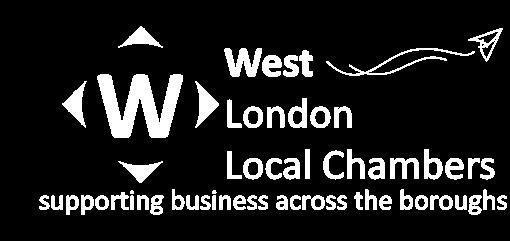health and
wellbeing
Time to Talk Day puts mental health on the map
recession is going to impact their longer-term prospects – if it hasn’t already. This doesn’t all sit with the employer but it’s in the employer’s interest to help staff manage their wellbeing to help prevent potential absences, to remain productive and feel supported, which in turn helps to build loyalty and motivation.” The HR Dept, which offers personalised expert HR advice to local businesses, said it was keeping its clients abreast of changes to government legislation and helping them take additional steps to keep their employees safe.
Mental health is high on the political agenda and, looking at the statistics, it’s easy to see why. One in four of us will experience a mental health problem in any given year and poor mental wellbeing costs employers up to £45 billion each year – a rise of 16% since 2016. Against this sobering backdrop, it’s clear to see why efforts to promote positive wellbeing have been stepped up by politicians, employers, education providers and communities – especially in the current COVID-induced lockdown which has increased feelings of uncertainty and anxiety. One of the most popular and well-known campaigns is Time to Change, a social movement established to tackle mental health-related stigma and discrimination. There are now hundreds of Time to Change champions campaigning in their communities across the country, as well as many employers and employees promoting positive mental health in their workplaces. The annual Time to Talk Day, which took place on February 4 this year, highlights these vital issues and gives people all around the country the chance to celebrate positive wellbeing and tackle mental health-related stigmas. In Hounslow and surrounding areas, companies are doing their bit to ensure their staff maintain a healthy mindset in the current pandemic. Chartered accountancy firm Menzies has implemented several practical measures, including regular business updates and a homeworking policy that gives staff the flexibility to balance their day jobs with family activities.
Chamber member, Director Lance Hobbs says: “Communication is key. Open, honest communication on a regular basis will help employees understand what’s going on, even when there’s no news. One of the worst things for people is not knowing what’s going on, so companies should find ways to engage with employees who are not coming into the workplace. Organising online social events is a good starting point; it’s not all about work!
Chamber member, Ed Hussey, director of people solutions at the firm, says: “We provide guidance and links to helpful information on managing stress, working safely from home, the need for breaks, exercise and relaxation. We have get-togethers and events on line – for example, we hired a magician to put on a show via Zoom for employees and their families – and we issue regular reminders about who they can contact to discuss any concerns they’re having.
“Workplace mental health is so important at the moment because there are so many potential stresses being placed on workers over an extended period. These can be a combination of health, family, care and financial issues, plus the weight of uncertainly about how the
“When things are challenging at home and at work, that’s the most likely time for people to have difficulty in coping. The pandemic has caused issues for many who may be at risk of losing their jobs and income. Some parents have had to home-school and there’s the anxiety that contracting COVID-19 could affect the health of their loved ones. “Employer support for people at work, including those who’ve been furloughed or are working from home, is so important. Whilst the stigma of mental health in the workplace is disappearing in many companies, some people may still feel they can’t speak up if they have an issue. Companies should make their workplaces a safe environment for people to raise the issue.”
let’s talkbusiness
45
















